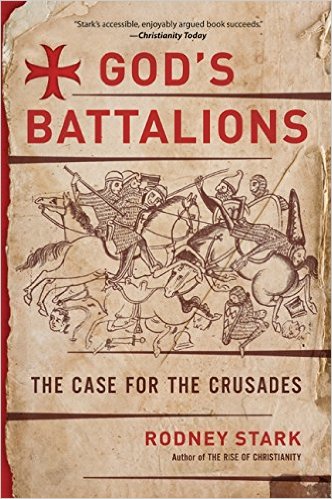The Medieval Church Conundrum: How the Gospel was Preserved and Spread from the Frontiers
It was not an altogether negative jolt for the Christian Church. There were positive features on the part of Gregory and John IV, and their quarrel over primacy. Gregory could be considered the actual first pope. His use of the Greek word “catholic” to describe the western churches did not carry the meaning of a catholic institutional structure but the use of a common universal language – Latin – throughout Western Europe. From him a conical hierarchy developed having a wide conciliar base at the bottom and a smaller conical or conciliar circle toward the top. Similarly it was Gregory who commissioned the first missionaries into England proper, led by a priest since known as Augustine of Canterbury. From John IV, the eastern churches retained the concept of a complete council of bishops in each country the gospel entered. Also each country had its own individual Christian identity while retaining a single faith among themselves. John IV and his successors also encouraged the indigenous languages, as Armenian, Georgian, Slovakian, Bulgarian. Hence, eastern Europe and Asia had the scriptures translated into their individual and identifiable languages. A much later Patriarch sent forth two famous missionaries into the Slavic lands, Cyril and Methodius, who in their mission invented the Cyrillic alphabet which is common to Czechs, Slovaks, Estonians, Russian, Latvian, Estonian, Lithuanian. This promoted the translation of the Bible into the various language groups.
The life changing story of Jesus spread back into Europe from its frontiers.
This is, in part, what makes the Middle Ages a riddle, or conundrum. Added to the riddle is that of the Crusades. It has only been recently, with the work of Rodney Stark into the nature of the Islamic advance, that the Crusades have been noticed by many as a defensive move, not an offensive one. Access to records indicate massacres of whole towns and populations by Islamic armies as they moved out of Arabia into Persia, Egypt, Palestine, Libya, Mauritania, Morocco, on one side and on the other into northwest India, Sogdiana, Afghanistan, far western China, and into Sri Lanka, and Malaya.
 Western Europe’s response was to allow no further incursions west or east. No greater epic was ever written in the West than “The Song of Roland” which recounted in verse, the French resistance which prevented the Islamic advance into France from Spain. It was not until about 1492, when under the leadership of El Cid, the leaders of the two northern provinces of Navarre and Aragon, the Spanish were able to drive the Moslem presence in southern Spain out of the Iberian peninsula. Several European countries combined together to drive the Islamic armies out Palestine and to save Jerusalem.
Western Europe’s response was to allow no further incursions west or east. No greater epic was ever written in the West than “The Song of Roland” which recounted in verse, the French resistance which prevented the Islamic advance into France from Spain. It was not until about 1492, when under the leadership of El Cid, the leaders of the two northern provinces of Navarre and Aragon, the Spanish were able to drive the Moslem presence in southern Spain out of the Iberian peninsula. Several European countries combined together to drive the Islamic armies out Palestine and to save Jerusalem.
Category: Church History, Winter 2016


